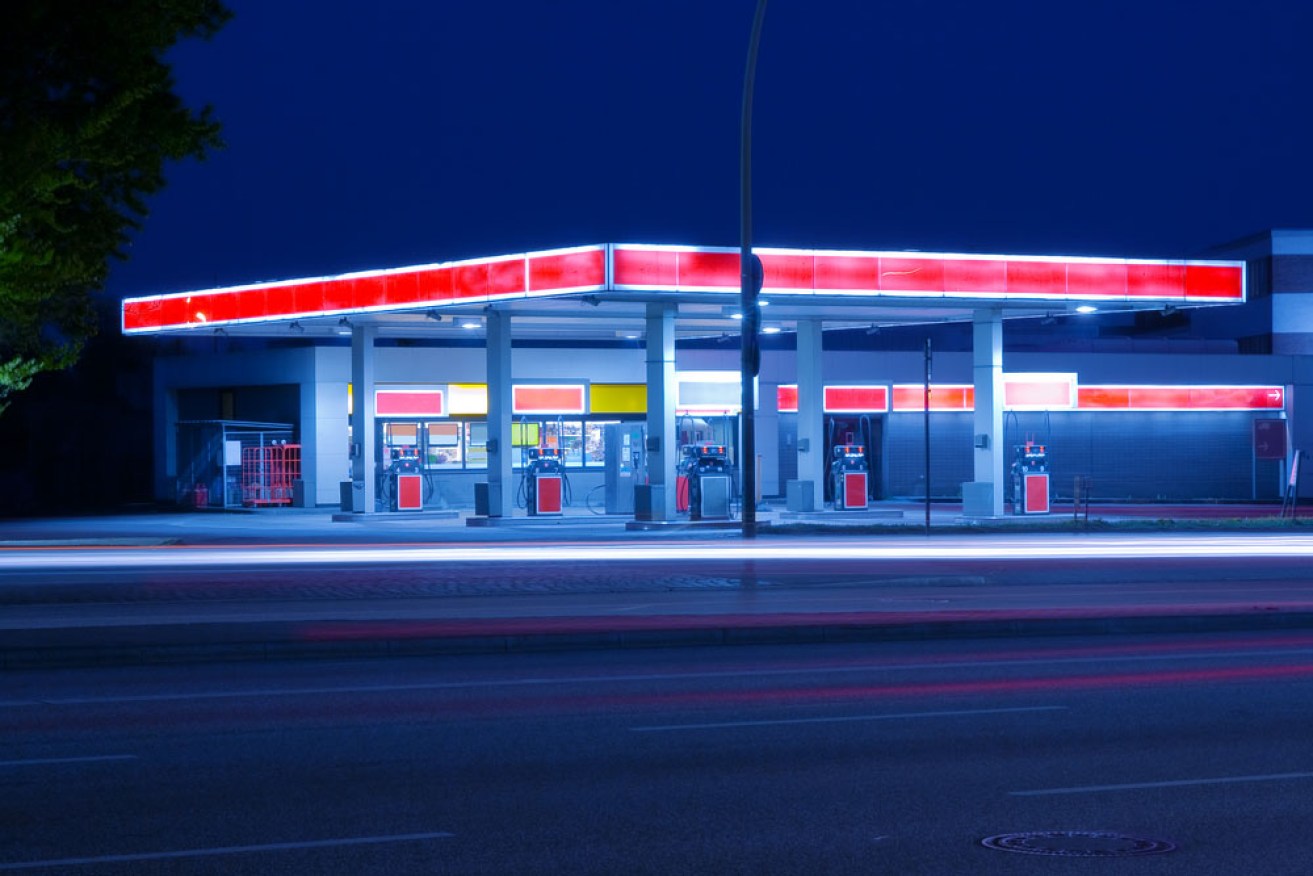Cheap fuel: is it really such good news for consumers?


Shutterstock
If you’re a car owner then you’re no doubt rejoicing at the fact that prices at the petrol pump are at their lowest in six years.
Falling oil prices means cheap fuel and cheaper consumer goods because the cost of making and transporting everything from furniture to food is reduced.
• Why diesel drivers are being slugged at the bowser
• Get the good oil on low Aussie fuel prices
But these obvious benefits go hand-in-hand with some less obvious, but no less important, downsides.
Lower global demand for oil, combined with a political stand-off between the United States and Saudi Arabia, suggest we can expect a weaker global (and Australian) economy and increased geopolitical instability.
So who are the winners, and who are the losers in all this?
Consumers win
The price of crude oil has halved since June last year, reducing the cost of almost everything we consume, especially fuel, University of Western Australia professor Richard Heaney says.
“The oil industry is fascinating because it affects everything we do, from plastics right through to paints,” Mr Heaney says. “When you drop the core cost element, you’re actually going to drop the cost of everything we use.”
He says most people will be better off with the “dramatic changes” in fuel prices, with some stations dropping their prices to $1 per litre.

China may buy less of our coal and iron ore. Photo: AAP
“That’s an important saving for most people, especially with the way Australian cities are. Business and transport costs will generally become cheaper.”
If China slows, Australia follows
One downside is that the drop in crude oil prices indicates China’s economy is weaker and requires less oil, which suggests weakening demand for Australia’s core resources, iron ore and coal.
“China has been growing at an incredible rate and you can’t keep growing like that. Maybe we’re seeing new equilibrium in the world and China is pulling back,” Mr Heaney says.
A lower fuel price may be good for consumers, but it isn’t good for our economy, says University of Sydney associate professor Tony Webber.
“Lower oil prices may feel good when you’re driving your car, but if you lose you job because China is not demanding our goods, then you’re buggered,” Mr Webber says.
“The oil price is lower because Chinese economic growth is weaker. That’s a much bigger negative than 10 cents cheaper petrol at the bowser.”
Political instability
The drop in crude oil prices and fuel has been linked to a glut in oil and Saudi Arabia’s decision to continue producing at steady rates even though there is weakening global demand.
Mr Webber says the decision has been fuelled by a boom in the United States’ shale oil industry, and is an attempt by Saudi Arabia and the other OPEC nations to bust shale by lowering prices.
“I think Saudi Arabia is doing it because they want the shale oil industry to go out of business. It’s killed the price of crude oil and the US is the biggest consumer.

Russia is being bankrupted by oil prices. Photo: Getty
“What the Saudis want to do is let the price sink so low that shale goes out of business.”
Mr Heaney says the drop in oil prices is hurting oil producing countries like Russia where the currency has crashed, and could lead to unrest in places like the Middle East.
“A lot of producers are going to feel this very hard. Russia already is. Their ruble has crashed and that’s to do with falling oil prices,” he says.
“Russia is an expensive place to extract oil while in Saudi Arabia it’s relatively cheap so they don’t care, they can just sit back. They haven’t changed their production.”
More traffic, more pollution
Another implication of cheap fuel is more people will choose to abandon public transport in favour of their cars, having a negative impact on congestion and the environment, Mr Webber says.
“What people will do is carpool less and upsize their cars and skip out on public transport. They’ll do more weekend travel in the car,” Mr Webber says.
“What we know when the oil price shot up is people started carpooling and downsizing their cars.
“I’ve estimated for every 10 per cent increase in oil price, you only get a 1.5 per cent reduction in car use because people are so reliant on it. It’s not a big reaction, but it’s something.”








